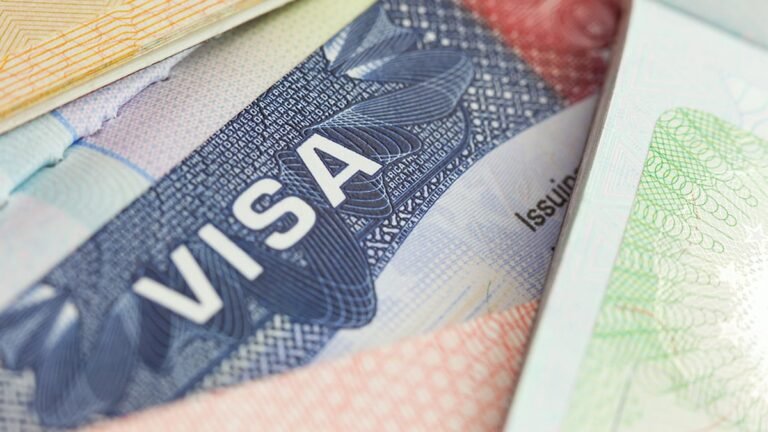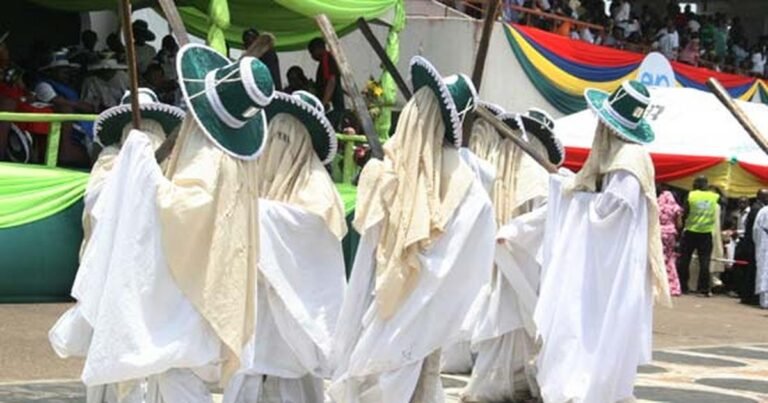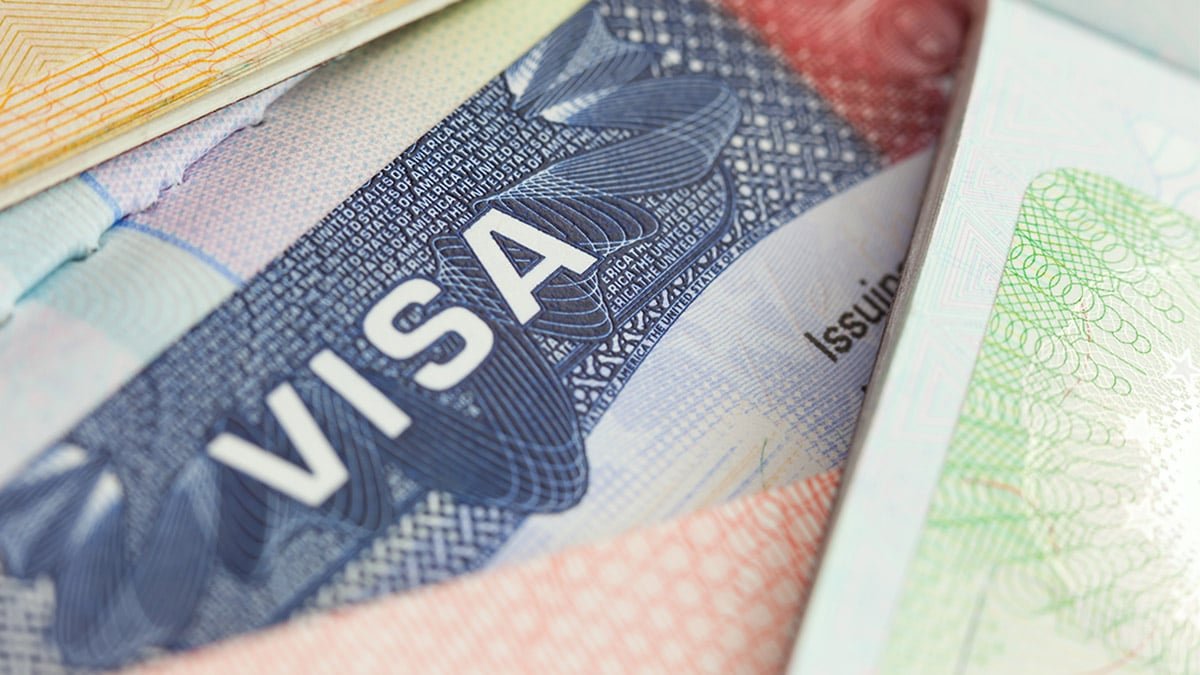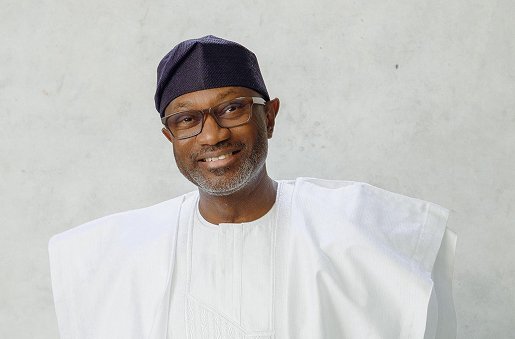The Central Bank of Nigeria (CBN) held the Monetary Policy Rate (MPR) at 27.5%, maintaining all benchmark interest rates at their current levels, in its 301ᵗʰ MPC meeting held on Tuesday, July 22, 2025.
“The decision was premised on the need to sustain disinflation,” CBN Governor Yemi Cardoso stated, reflecting the apex bank’s ongoing efforts to tame inflation.
The CBN’s firm stance indicates a continued focus on balancing inflation control with macroeconomic stability.
Although inflation has slowed in recent months, it is still above the central bank’s single-digit target, prompting the decision to retain the 27.5% MPR as a key tool in inflation management.
“We also recognize that our goal is to ensure that we get to a single-digit inflation,” Cardoso stated.
The CBN’s decision follows encouraging inflation data, as Nigeria’s headline inflation rate fell to 22.22% in June 2025 from 22.97% in May, marking the third consecutive month of decline.
Governor Cardoso credited the drop to “moderation in energy prices and stability in the foreign exchange market,” helping ease consumer pressure despite a slight rise in food prices.
However, the Monetary Policy Committee (MPC) flagged emerging risks, with Cardoso warning of a month-on-month uptick in headline inflation.
“Despite these positive developments, members observed the persistence of underlying price pressures,” he said, cautioning that global tariff disputes and geopolitical tensions could disrupt supply chains and drive up import costs.
Looking forward, the CBN projects that inflation will continue to ease, supported by sustained tight monetary policy, stable exchange rates, lower petrol prices, and the onset of the harvest season. This outlook aligns with the bank’s strategy to drive disinflation and stabilize consumer prices.
Alongside the rate decision, the CBN governor, Yemi Cardoso, revealed that external reserves have climbed to $40.11 billion as of July 2025, marking the highest level since November 2024, when reserves stood at $40.2 billion.
This reserve level equates to approximately 9.5 months of import cover, signaling a significant rebound and reinforcing the nation’s foreign-currency buffer.
Cardoso also confirmed that eight Nigerian banks have fulfilled the regulatory thresholds under the current forbearance regime. He emphasized that the temporary relief measures align with Basel II international standards, ensuring soundness across the financial sector.
Reaffirming the MPC’s stance, Cardoso reiterated the CBN’s commitment to its “price stability mandate” and pledged that the bank would “take appropriate measures to foster stability and confidence in the economy.”























